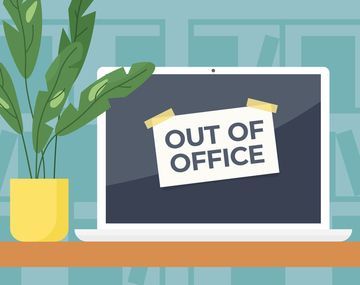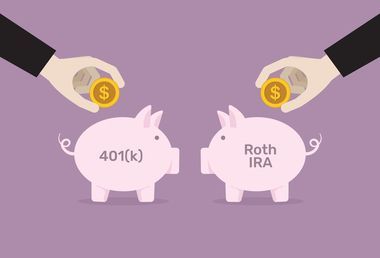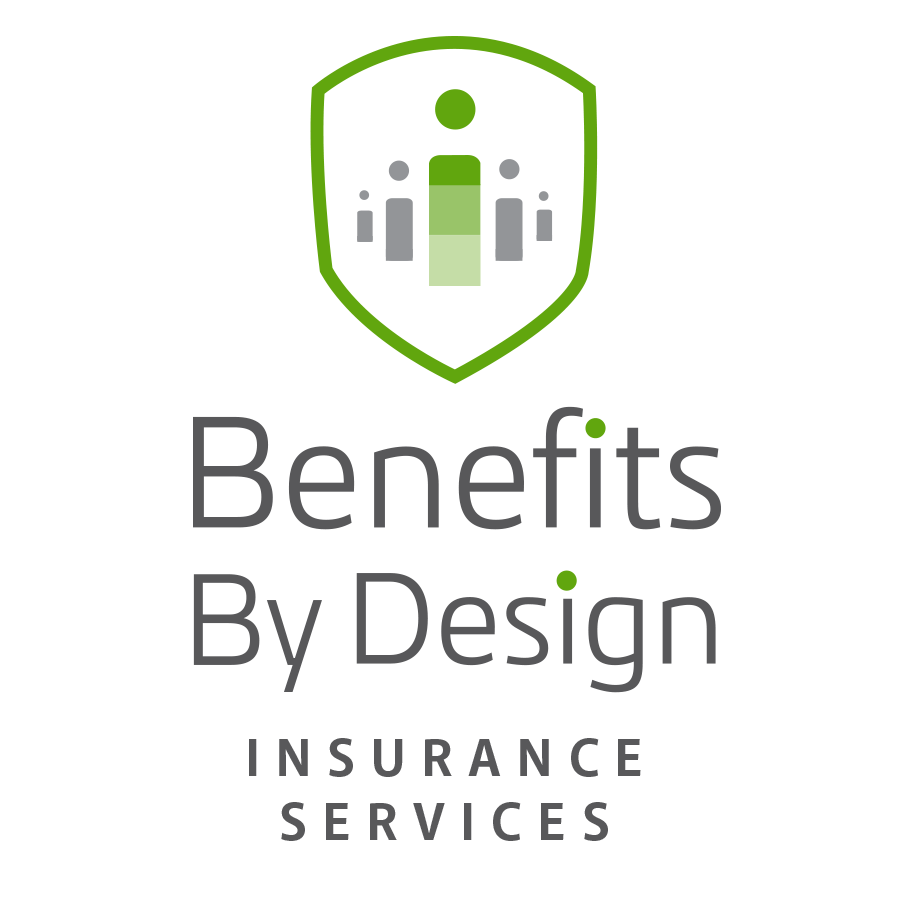Using Home Equity to Build a Business
Have You Always Dreamed of Owning Your Own Business?

While it is possible — and sometimes desirable — to use a business loan to start a business, you can also use your house for the seed money. Two options are a home equity line of credit or a home equity loan:
- A HELOC is a debt secured by your home. It is similar to a mortgage.
- Home equity loans involve borrowing against your equity stake in your house. Your equity stake is the portion you own outright; depending on the lender, you may be able to borrow up to 80% of this equity.
Exploring the differences
With a HELOC, you can use the funds, repay them and then borrow again. The period during which you can borrow (or "draw") money is often 10 years. After that, you enter the repayment period. During this phase, you can't withdraw funds, only repay your debt. The repayment period lasts up to 20 years. HELOCs typically offer variable interest rates.
Additional features of a HELOC:
- You can repay interest first.
- You pay interest only on the money you withdraw.
- Repayments can vary with fluctuating interest rates.
By comparison, a home equity loan lets you borrow a specific amount that you receive in one payment. You don't replace your original mortgage; instead, the loan becomes a second lien on your property. Home equity loans often have long terms — 10 to 20 years — but a fixed rate of interest.
Both HELOCs and home equity loans have:
- Relatively simple application processes.
- Possible tax deduction of loan interest if you build a home addition for your business.
Both also involve the risk of losing your home. Because your house is the collateral for the loan, if you stop paying, you could fall into foreclosure. Additionally, if your house declines in value, you could owe more than the house is worth.
Other options
Another possible source of funds is a cash-out refinance. This is a new, bigger mortgage on your house, replacing your current mortgage. You take the difference between the old mortgage and the new one in cash. How much cash you can access depends on the equity you have in the home.
Among the pros of a cash-out refinance:
- You may be able to change your mortgage length, term of repayments or even interest rate.
- You avoid adding a second lien on your home.
- You'll have one payment a month (rather than both a mortgage and a loan payment).
Among the negatives:
- Like your first mortgage, the cash-out mortgage has a time-consuming application process.
- You may end up with a larger monthly payment — especially if the current interest rate is higher.
- You'll have to pay closing costs and other fees.
Another route to raising funds is a shared-equity agreement. It is more like an investment than a loan. In it, an equity-sharing company pays you for a portion of your home's future value, to be repaid when the agreement expires or when you sell the house. This means that the company will own a stake in your home. Typically, at payback time, you return the initial investment, plus a percentage of the home's appreciation.
Making the decision
Speak with legal and financial professionals to see which option is best for you. In general, leveraging your home's wealth for entrepreneurial success is fine as long as you understand the risks and want a straightforward funding option. Just get all the facts first.
Copyright 2025 Industry Newsletters










